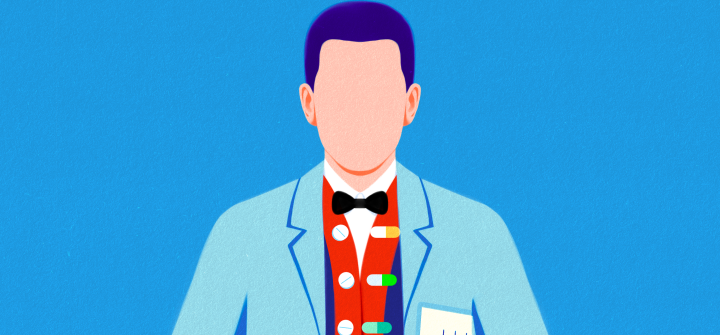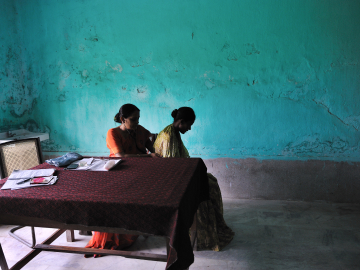Decolonizing Global Health: Know Your Organizational Weaknesses
In a PLOS One paper back in 2016, 2 Oxford researchers noted a sudden surge in collaborative global health research but little attention to what goes into successful research collaborations. Don’t blame Carel IJsselmuiden, executive director of the Council on Health Research for Development, or James Lavery, a professor of ethics at Emory University. Their Research Fairness Initiative is aimed at making collaborations work better through decolonization.
The RFI is basically an improvement tool using a self-assessment process that enables government agencies, businesses, academics, and funders to consider questions about how they interact with other institutions. Since the initiative was introduced 4 years ago, 4 institutions have been certified and have published their reports, while another 7 are nearing completion.
Lavery and IJsselmuiden, a professor at the University of KwaZulu-Natal, explain how the initiative works and the role it could play in decolonizing global health.
What is the idea behind the initiative?
CI: If we accept that science and innovation are essential for low- and middle-income countries, then you need mechanisms in place to make sure partnerships are fair. If you do a literature search, you find many philosophical and theoretical articles on fairness and what abuses look like. But to define fairness in a positive way is not so easy. So, we decided to home in on some core areas—opportunities, processes, and sharing of benefits, costs, and outcomes.
JL: The RFI is a way of articulating and itemizing some of the things that contribute to decolonization. Does an institution have the right kind of acknowledgment of the interests of its partners? Is the financing of these partnerships fair? Or does it just perpetuate the dominance of high-income countries?
What exactly is the initiative?
CI: It’s a series of simple questions to help institutions realize what policies and practices they have and what they’re missing, and help them understand how to collaborate with others. You might say no to a question about whether you have guidelines for good partnership behavior. If so, the website would show the 5 best guidelines. At the aggregate level, we can collect and collate reports and share best practices with other organizations.
Do institutions that produce reports get scored on their responses?
CI: No. We are not trying to create a report card that judges institutions as being good or bad. What the RFI tries to do is let institutions say ‘Well, this is what we currently have, and in the next two years, we can improve in the following ways.’ It’s not perfection that is aimed for, it is continuous improvement.
How have institutions been reacting to it?
JL: Many organizations see the process of completing the RFI as a hurdle, but the concept itself has really strong resonance for people who work in complex partnerships. They understand that the RFI offers a pathway to self-improvement. That's the essence of decolonization, and the RFI provides a practical tool to help organizations demonstrate their commitment to it.
But to realize the potential value of the RFI as an organizational learning tool and as a potential vehicle for improving practices in the decolonization movement, we have to encourage people to take it up as part of their institutional practices. That’s the dream. And that’s our challenge.
More views on decolonizing global health here.
Join the 50,000+ subscribers in 170+ countries who rely on Global Health NOW summaries and exclusive articles for the latest public health news. Sign up for our free weekday newsletter, and please share the link with friends and colleagues.




